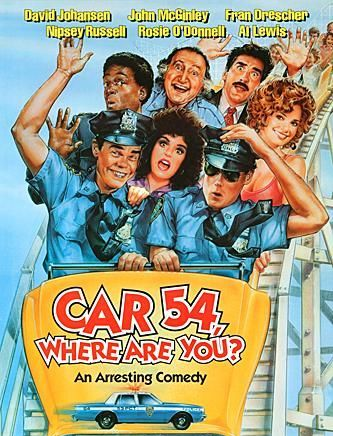Two excellent posts on the current status of geo-location companies by Robert Scoble and Hunter Walk (both bloggers are great and their blogs are must reads). Scoble argues that industry-first Foursquare is being squeezed by Gowalla (best UI) and Booyah's MyTown (best gameplay and my personal favorite!).
Hunter argues that, considering their rapid growth, there is room for Foursquare assuming they move beyond 'utility' and into an experience:
"If they get reduced to being a utility ("publish location") or end up focused on too narrow a group of users, they'll get passed by general purpose geo services or social networks on one side and out innovated by gowalla, mytown, etc on the other. [read more]" Both Hunter and Scoble are spot-on: Foursquare, Gowalla and others need to build social and/or finding experiences beyond the 'check-in'. Consider that Foursquare has 1,000,000 weekly check-ins. That's significant size and growth. But when Facebook and Twitter turn geo-coding on, they will dominate by volume (and I have written about this before): on Facebook, 40,000,000 users update their status each day.... and 20% of Facebook users are on their mobile platform. "Check-ins", whether passive or active, will be massive. Between Facebook, Twitter, and the development on their platforms - the "check-in" will be commoditized (and that doesn't include Google, Yelp and other big players).
That is why I believe that the gameplay is so critical: it creates an experience beyond the 'check-in' that is part social, part gaming and part finding. Booyah's MyTown is a terrific example: in an interview with Scoble, CEO Keith Lee said that the average MyTown user (and there are 850,000+) spends 50 minutes per day. Clearly there is more to it than 'checking in'... and the Booyah team's background is in traditional gaming: Blizzard, EA, etc.
Another way to think about it: Facebook's power is in the social graph and the experience they have created... not in the 'status update' itself. Surely statuses are a core part of Facebook, but status updates exist on numerous websites and in various forms. The conversation is powerful in part because of where it sits, the network it is in and the responses that it generated. The act of checking-in should be thought of similarly... after all, in its simplest form, it is a status update with a geo-code appended to it.

